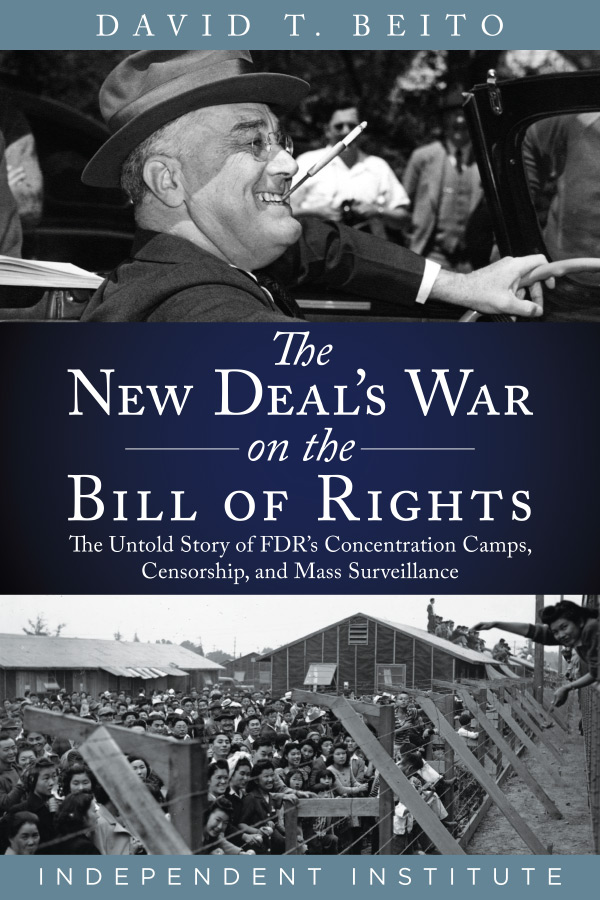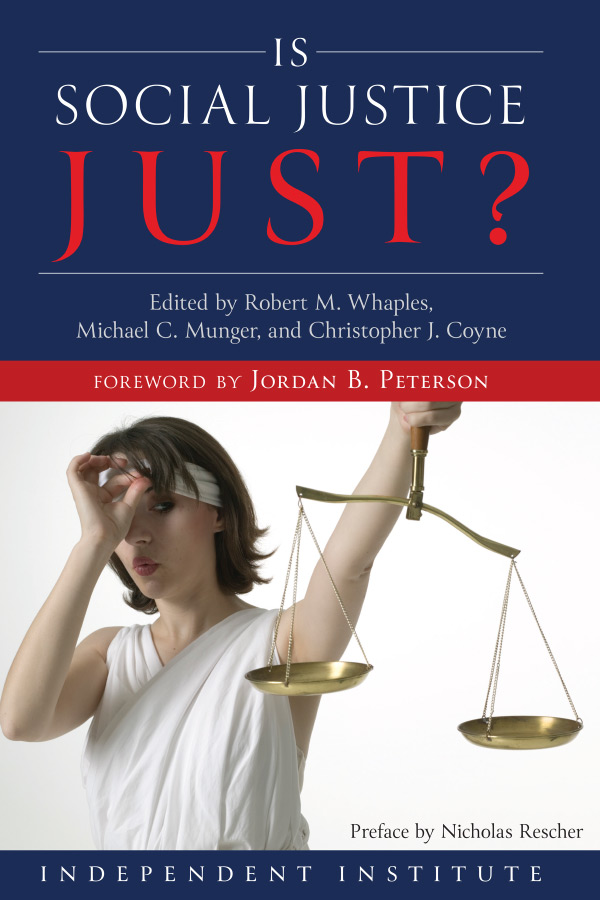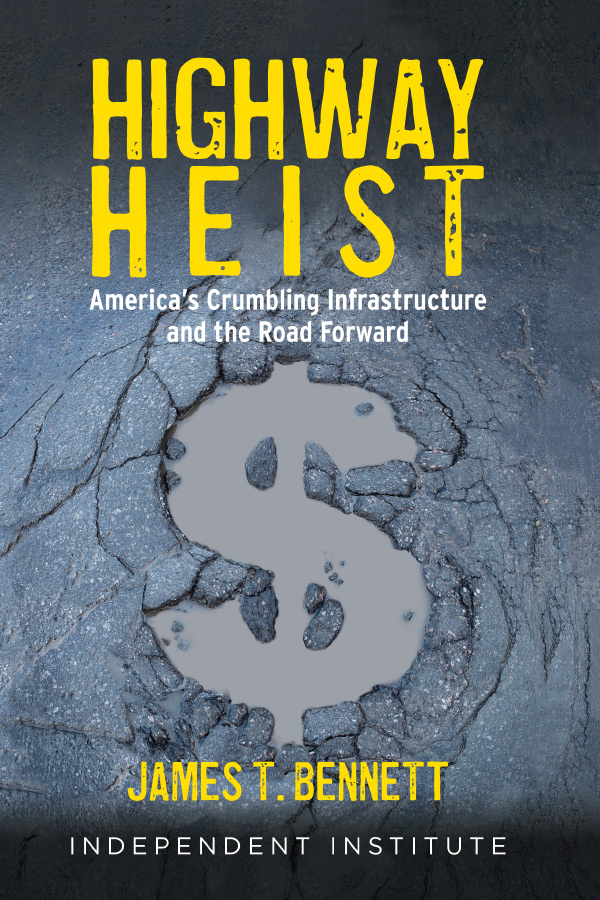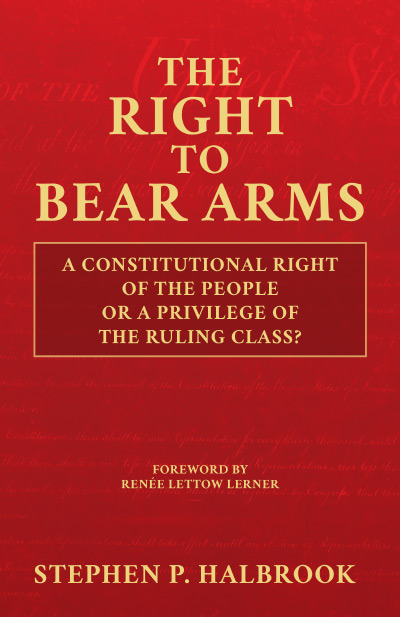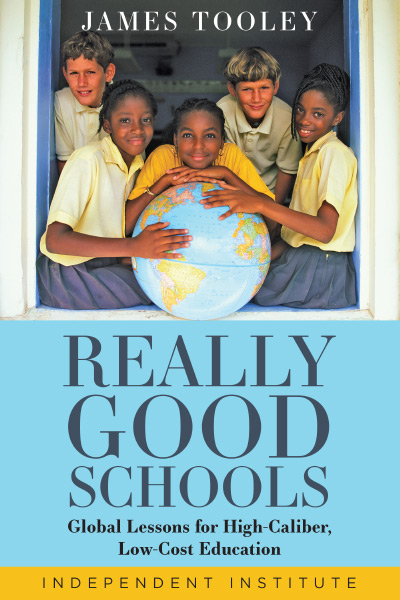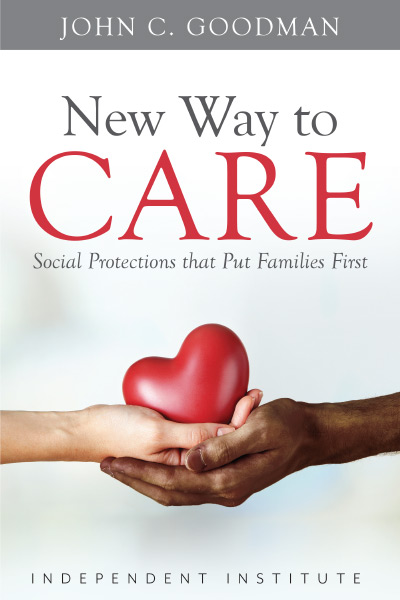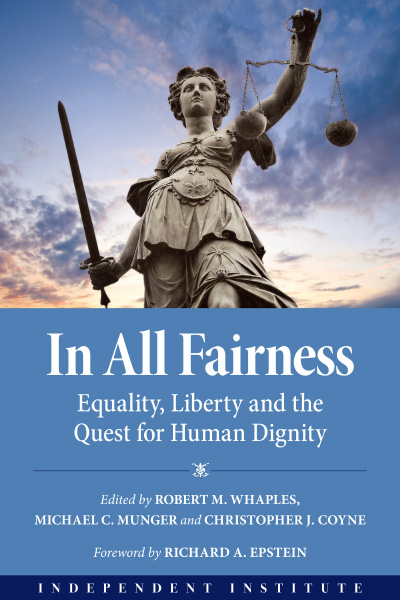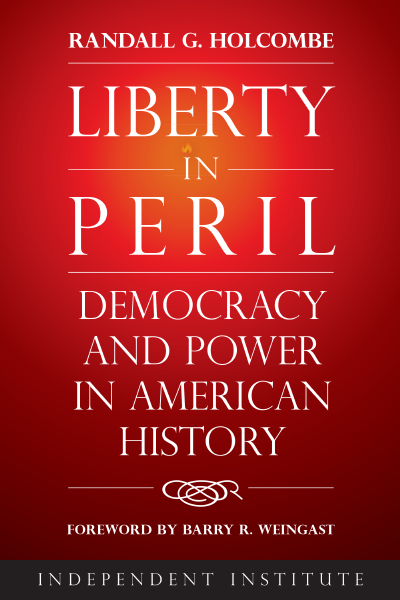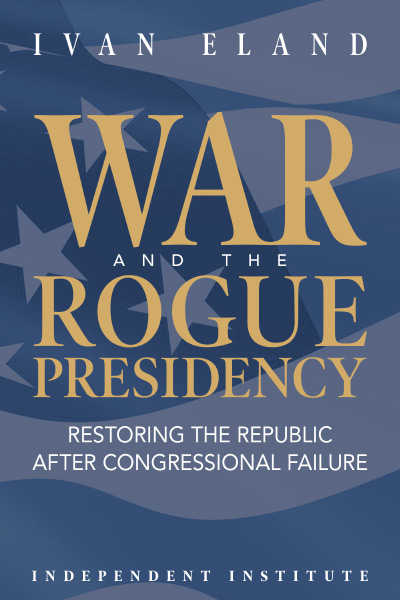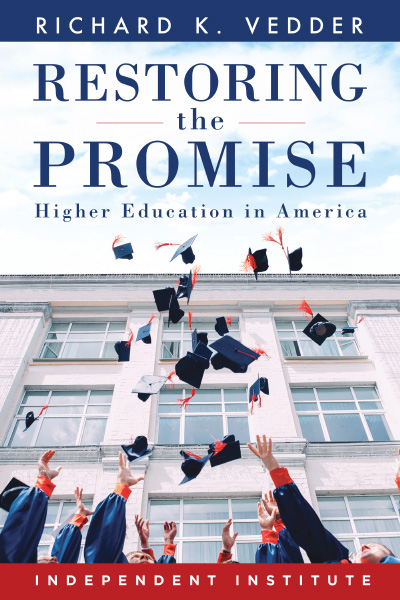
Economics is the discipline that studies how people respond to scarcity, i.e., the observed fact that individuals desire more than they already possess, whether the object of their desire is wealth, health, education, security, or some other intangible good or service. An economy can be viewed as a social mechanism that emerges when individuals cooperate with others in order to deal with the problem of scarcity. It is a vast network of individuals (and institutions guided by individuals) that make, barter, sell, and buy goods and services in order to achieve their desired ends.
Economic forces are at work virtually any time exchanges occur or resources are used. A knowledge of economic principles—fundamental truths identifying patterns or components of economic cause and effect—is essential for understanding phenomena such as prices, markets, commerce, employment, industrial output, economic growth and prosperity, and business fluctuations. The economic way of thinking (including the recognition of incentives, constraints, opportunity costs, transactions costs, and self-interested motives) is also useful for the study of non-market phenomena such as government regulations, elections, lobbying, and government decision making.





